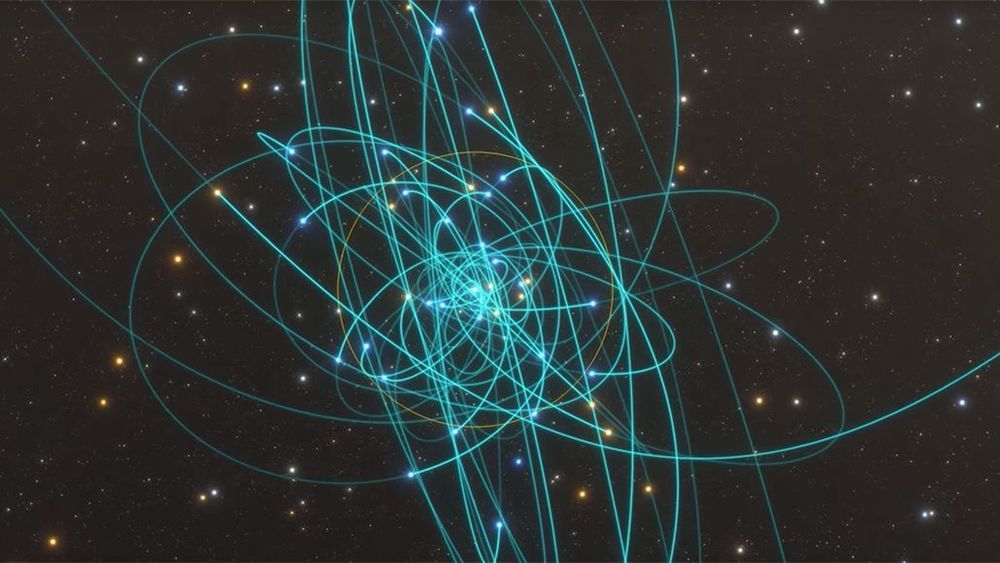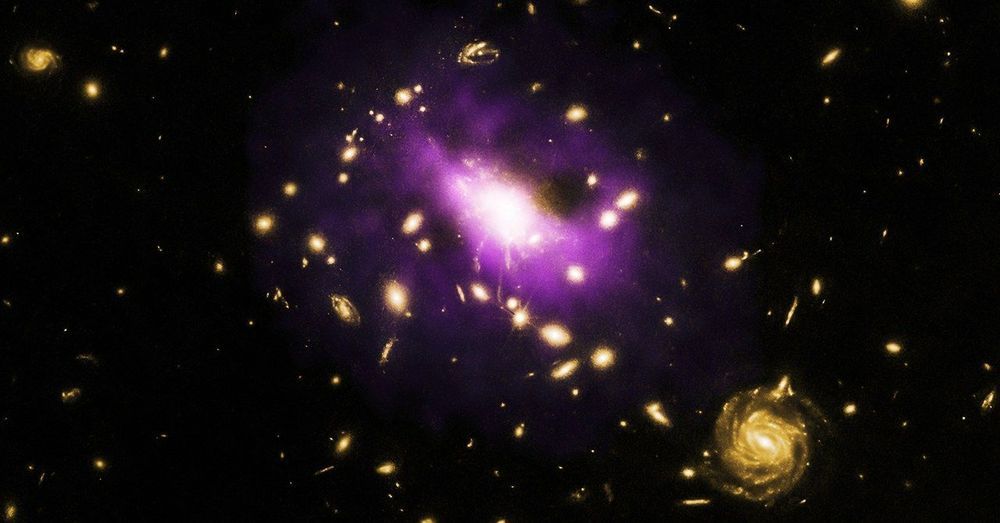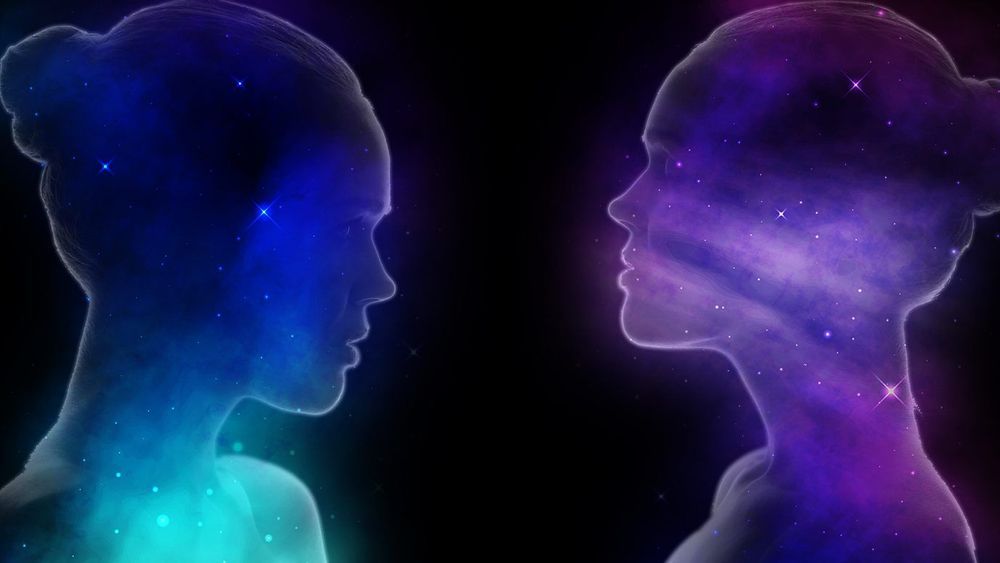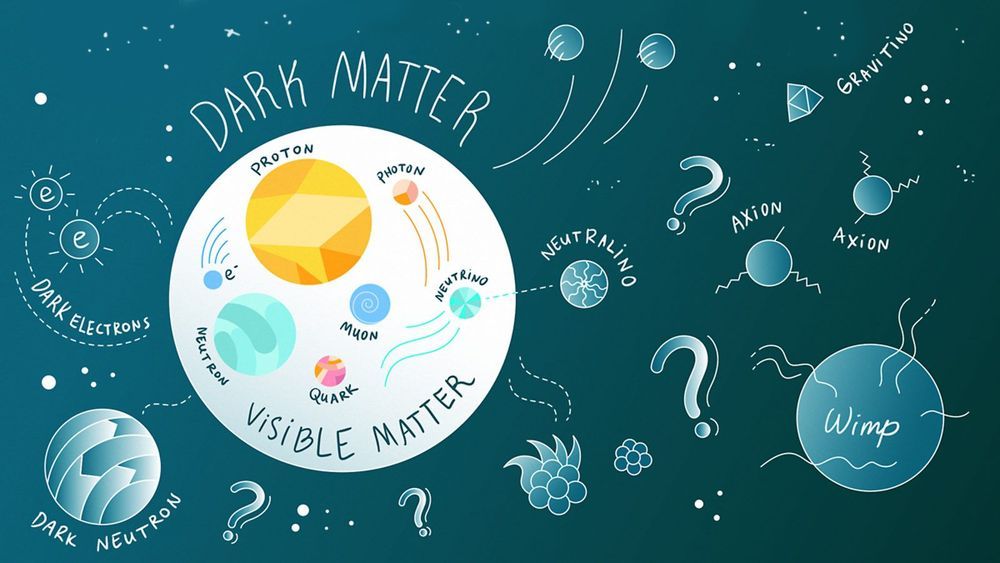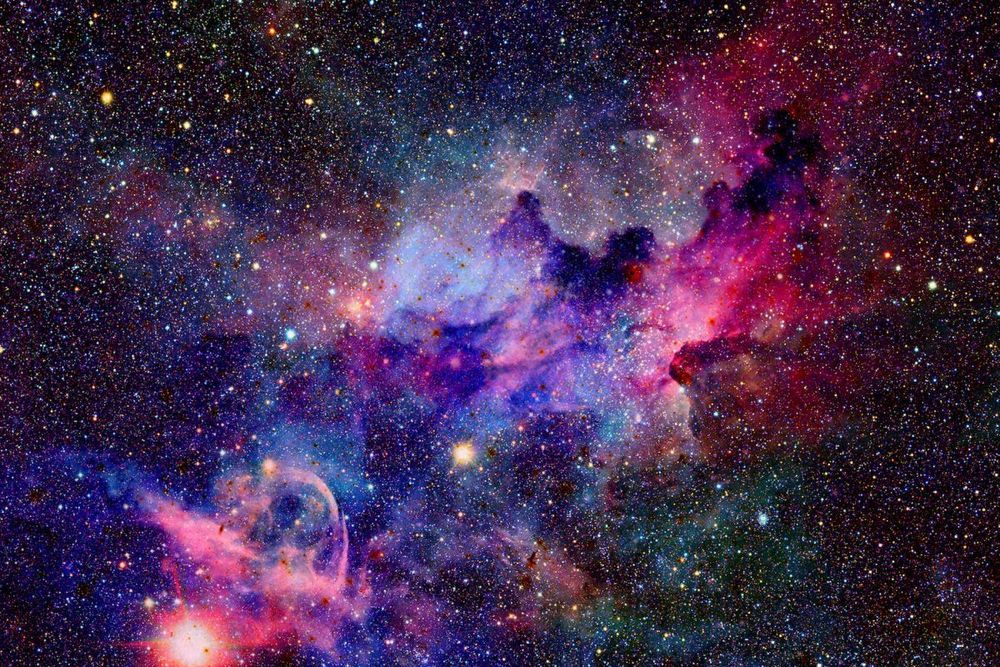Scientists studying a distant galaxy cluster have discovered the biggest explosion seen in the Universe since the Big Bang.
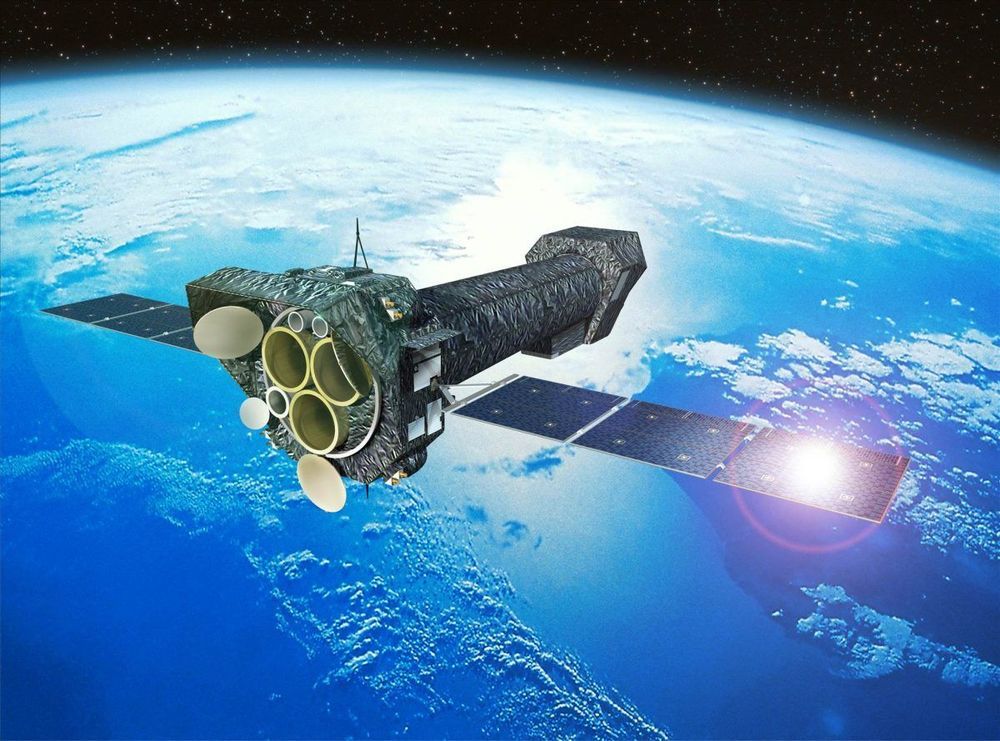

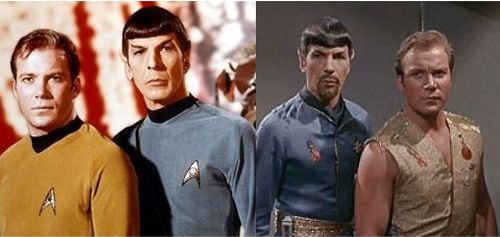

How can you see something that’s invisible? Well, with Euclid! This future ESA telescope will map the structure of the universe and teach us more about invisible dark matter and dark energy. Scientific coordinator of Euclid and Leiden astronomer Henk Hoekstra explains how this works.
Why do we assume that dark matter exists, if we have never seen it or even measured it? “We are orbiting the centre of our galaxy at 220 kilometres per second,” says Hoeksta. A bizarre speed, which fortunately we don’t notice. Still, something strange is going on. “Based on the number of stars in our Milky Way, the stars at the edge of the Milky Way should have a much lower speed, but they move as fast as the Sun. Yet these stars are not being slung into the universe. Something is holding them together.”
Basically, there can only be one explanation: there is matter that you cannot see, but that exerts extra gravity. In other words, dark matter. Hoekstra: “Or the theory of gravity is wrong. But everything indicates that dark matter exists, only we still don’t know what it is. What we do know is that it does not absorb light or interact with it. So that literally makes it invisible.” If this is not strange enough: since 1998 we know that the expansion of the universe is accelerating. To explain this an even more mysterious ingredient is needed: ‘dark energy,” a term that simply encompasses all ideas that astronomers and physicists are currently studying.
